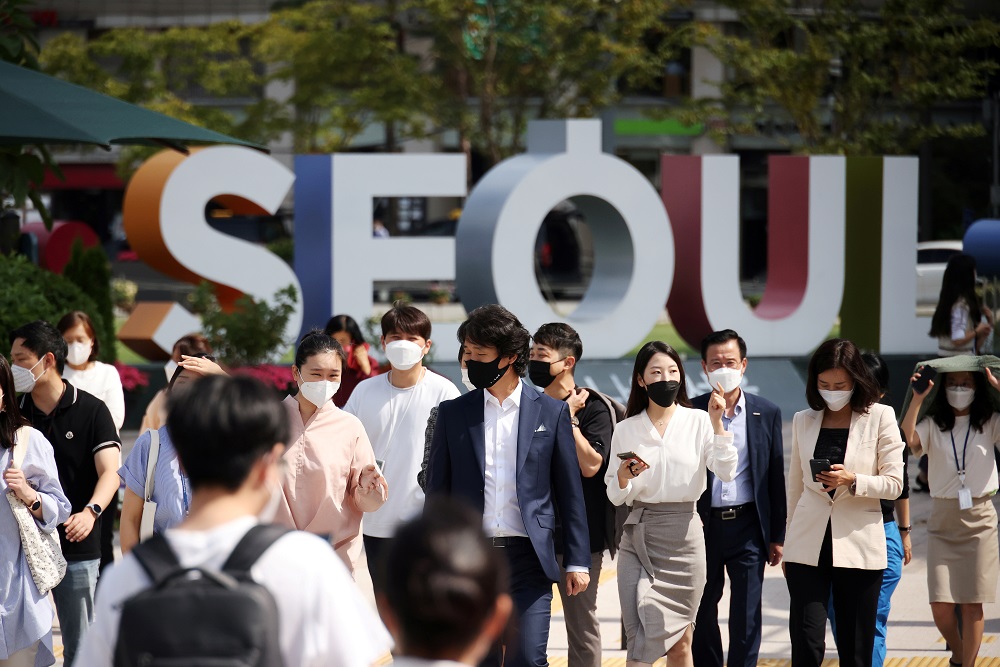SEOUL, Oct 13 — South Korea established a panel on Wednesday to debate a strategy on how to “live with Covid-19” in the long-term, as the country seeks to phase out coronavirus restrictions and reopen the economy amid rising vaccination levels.
Under the strategy, the government aims to relax coronavirus restrictions for citizens who can prove they have been fully vaccinated, while encouraging asymptomatic and mild Covid-19 patients aged below 70 to recover at home, the health ministry said last week.
The government will also focus on the number of hospitalisations and deaths rather than new daily infections, and will consider not publishing the latter on a daily basis, Yonhap news agency has reported.
“We will turn Covid-19 into a controlled infectious disease and no longer a fear of the unknown, and return a complete routine to the citizens,” Prime Minister Kim Boo-kyum told the panel’s first committee meeting on Wednesday, adding that mandatory mask-wearing would not be immediately scrapped under the new policy.
South Korea never imposed a full lockdown but has been under its tightest social distancing curbs since July.
These include limited operating hours for restaurants, cafes, saunas and indoor gyms — which have hit the self-employed and small businesses particularly hard — and a cap on gatherings of more than two people after 6pm (0900 GMT) in and around Seoul.
The new strategy comes as vaccination, initially bogged down by a supply shortage, has picked up pace. The country has given at least one Covid-19 vaccine dose to 78.1 per cent of its population, while 60.7 per cent are fully vaccinated.
In September, the government announced plans to expedite a phased return to normalcy starting November when 70 per cent of its 52 million people are expected to have been fully inoculated.
South Korea has kept hospitalisation and deaths at a fairly low rate. It had 359 severe cases and a mortality rate 0.78 per cent as of Tuesday, official data showed.
The country reported 1,584 new Covid-19 cases on Tuesday. It has recorded a total of 335,742 infections and 2,605 deaths. — Reuters






















